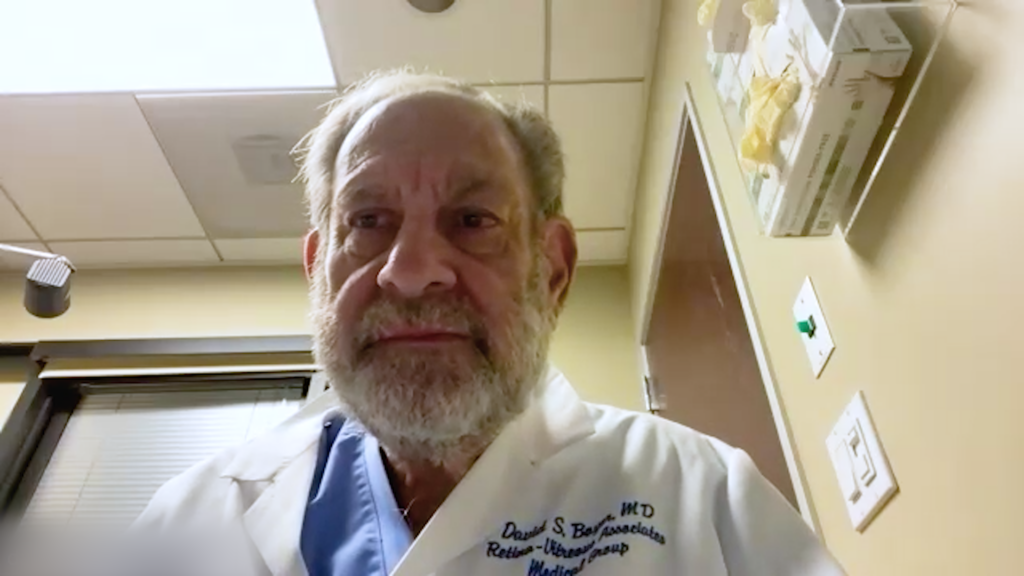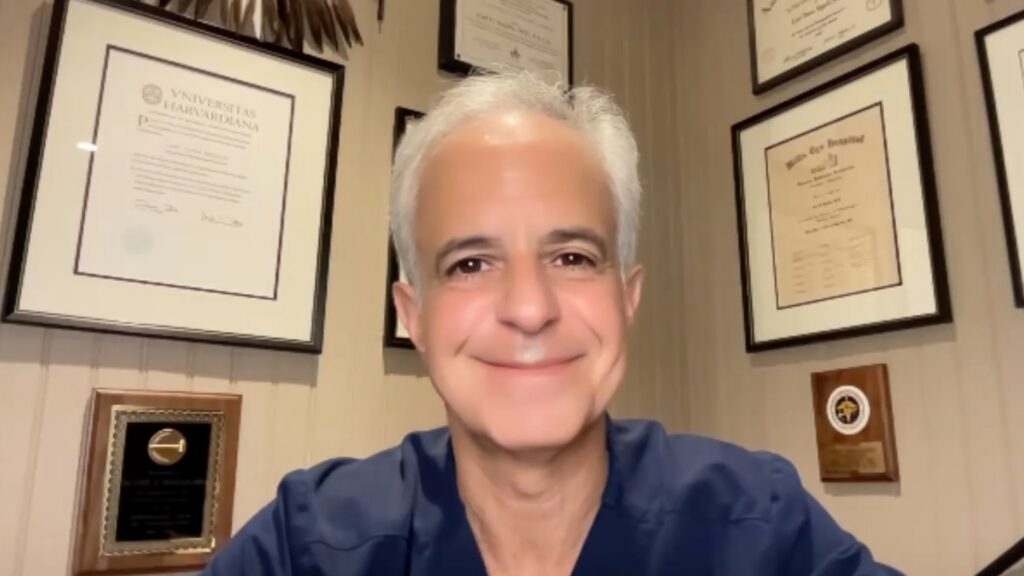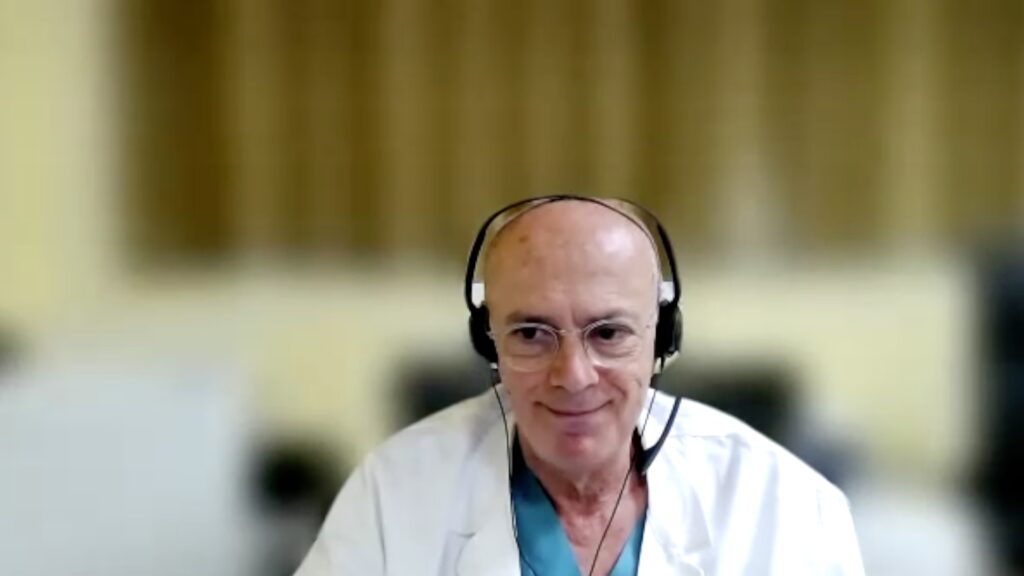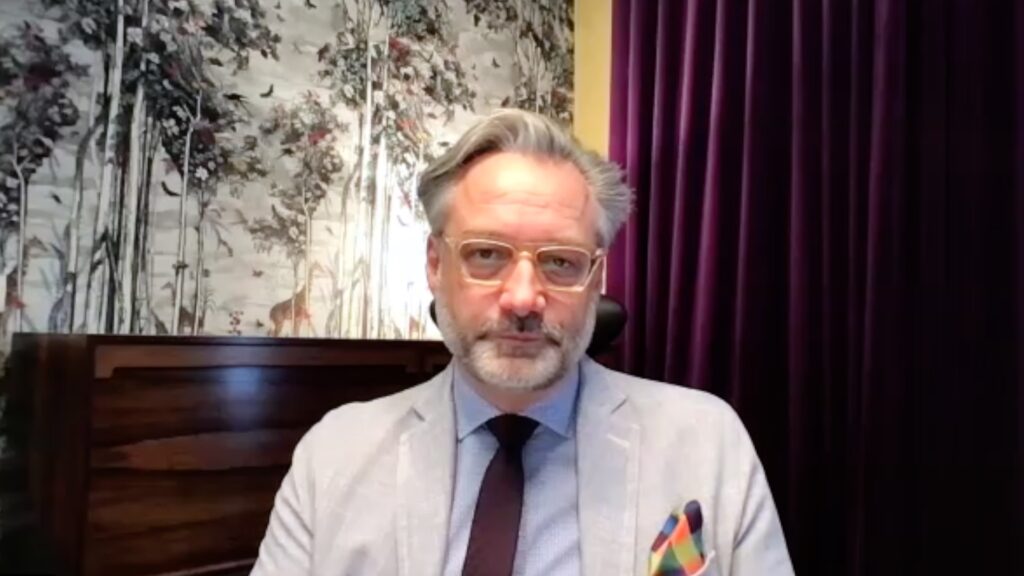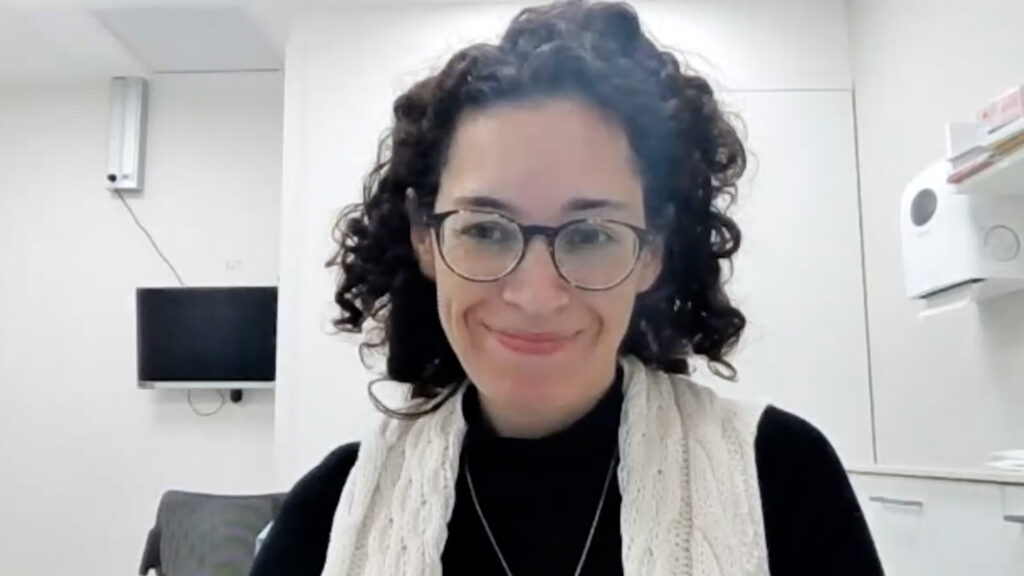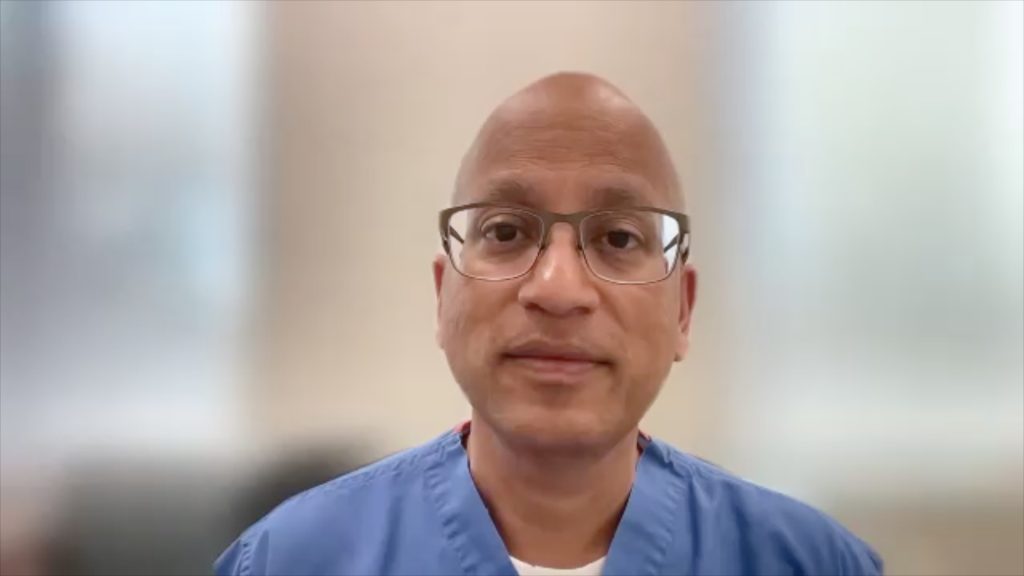Hendrik Scholl (IOB, Basel, Switzerland) talks about the unmet needs in the treatment retinal dystophies and the latest research in the area.
Questions:
1. Could you tell us a little about the retinal dystrophies and their prevalence?
2. What are the major unmet needs in the treatment of retinal dystrophies?
3. How can retinal dystrophies be diagnosed earlier?
4. What have been the most important advances in gene and cell therapies for retinal dystrophies?
Support: No funding was received in the production of this video.
Disclosures: Dr. Hendrik Scholl is supported by the Swiss National Science Foundation, National Center of Competence in Research Molecular Systems Engineering “Molecular Systems Engineering”, the Wellcome Trust, and the Foundation Fighting Blindness Clinical Research Institute.
Dr. Scholl is member of the Scientific Advisory Board of: Astellas Institute for Regenerative Medicine; Gensight Biologics; Ionis Pharmaceuticals, Inc.; Gyroscope Therapeutics Ltd.; ReNeuron Group Plc/Ora Inc.; and Vision Medicines, Inc. Dr. Scholl is paid consultant of: Gerson Lehrman Group; Guidepoint.
Dr. Scholl is member of the Data Monitoring and Safety Board/Committee of ReNeuron Group Plc/Ora Inc. and member of the Steering Committee of Novo Nordisk (FOCUS trial).
Dr. Scholl is co-director of the Institute of Molecular and Clinical Ophthalmology Basel (IOB) which is constituted as a non-profit foundation and receives funding from the University of Basel, the University Hospital Basel, Novartis, and the government of Basel-Stadt.
These arrangements have been reviewed and approved by the Johns Hopkins University in accordance with its conflict of interest policies. Johns Hopkins University and Bayer Pharma AG have an active research collaboration and option agreement. These arrangements have also been reviewed and approved by the University of Basel (Universitätsspital Basel, USB) in accordance with its conflict of interest policies.
Dr. Hendrik Scholl is principal investigator of grants at the USB sponsored by the following entity: Kinarus AG; Novartis Pharma AG; Ophthotech Corporation; Pharma Research & Early Development (pRED) of F. Hoffmann-La Roche Ltd; Spark Therapeutics. Grants at USB are negotiated and administered by the institution (USB) which receives them on its proper accounts. Individual investigators who participate in the sponsored project(s) are not directly compensated by the sponsor but may receive salary or other support from the institution to support their effort on the project(s).


